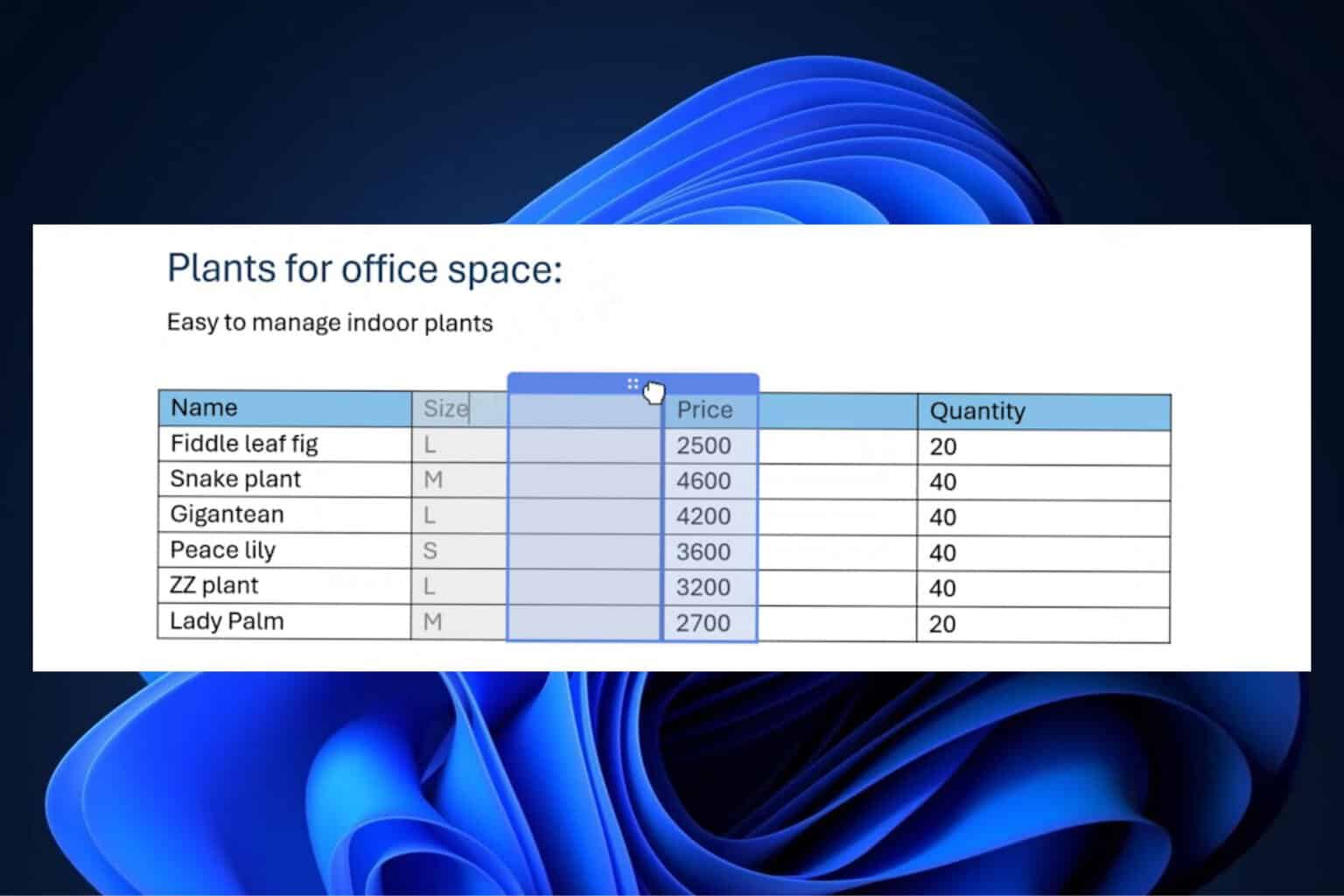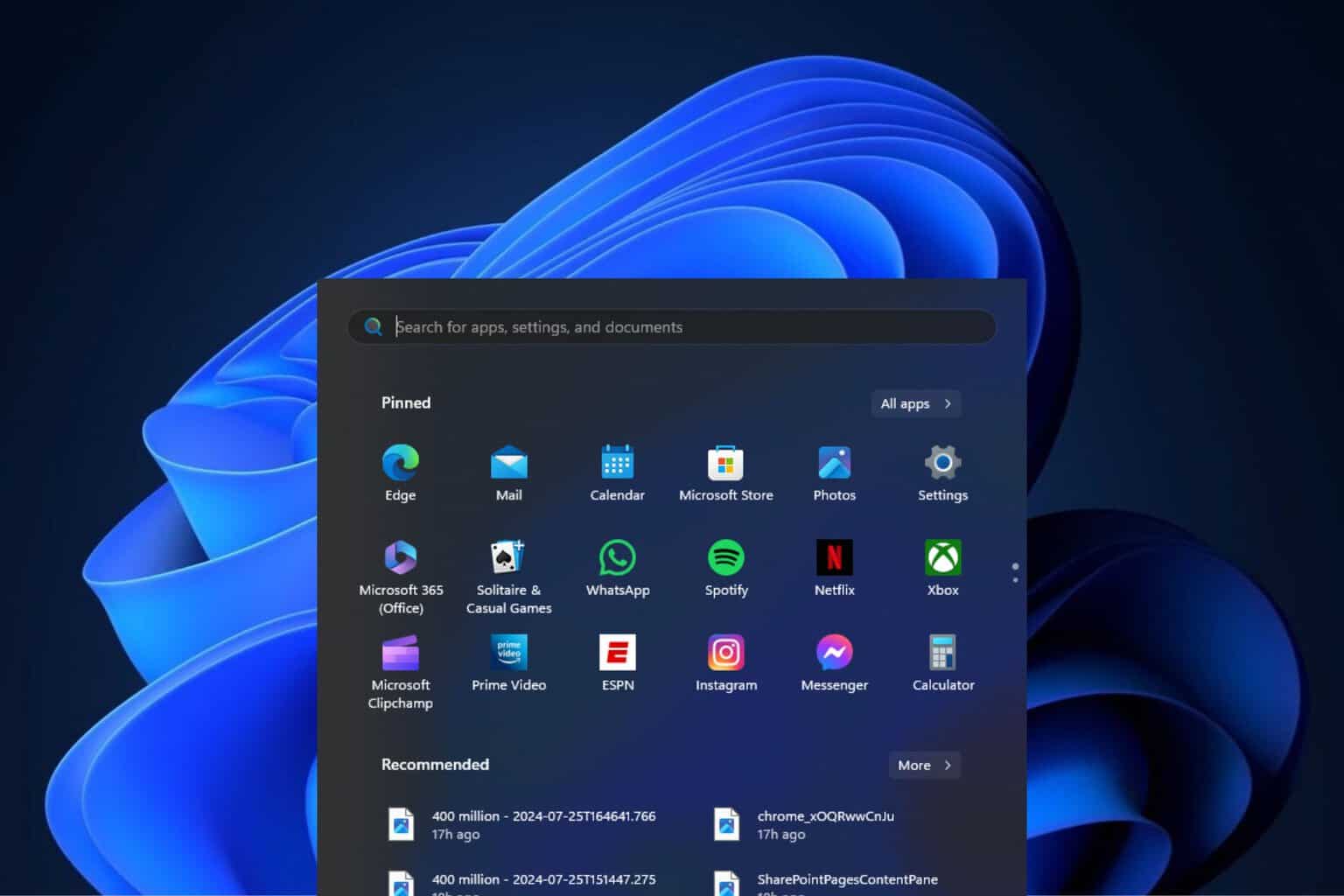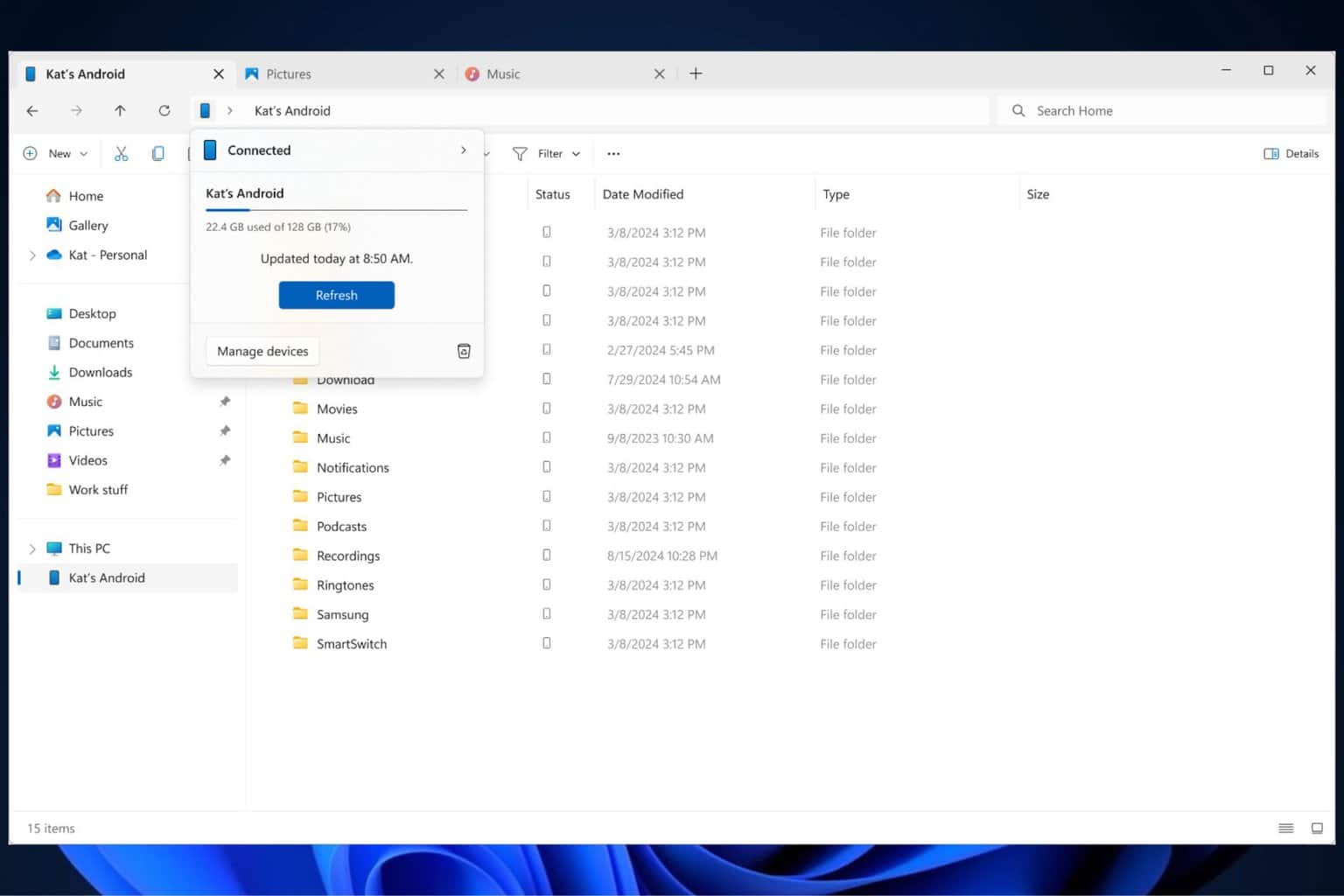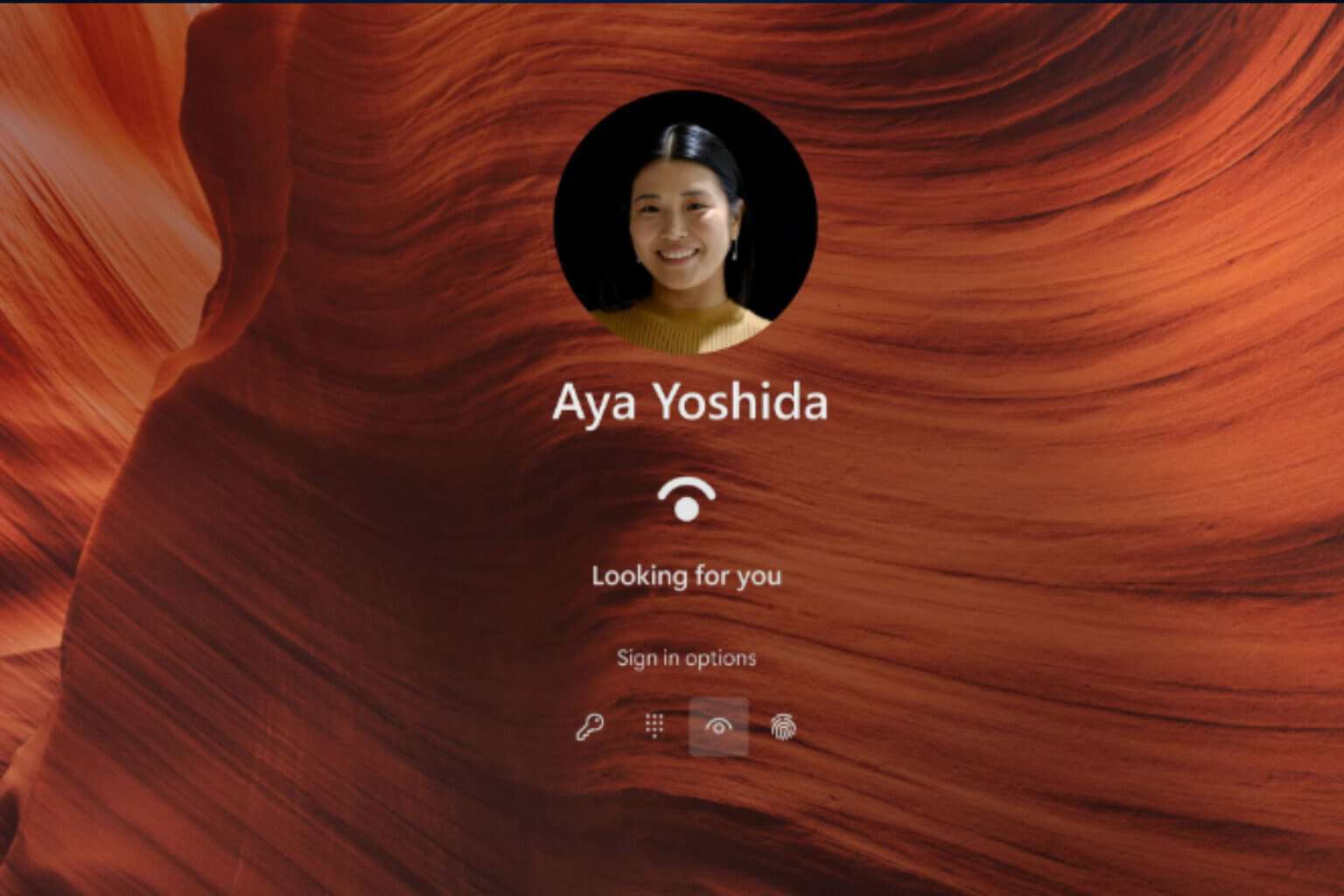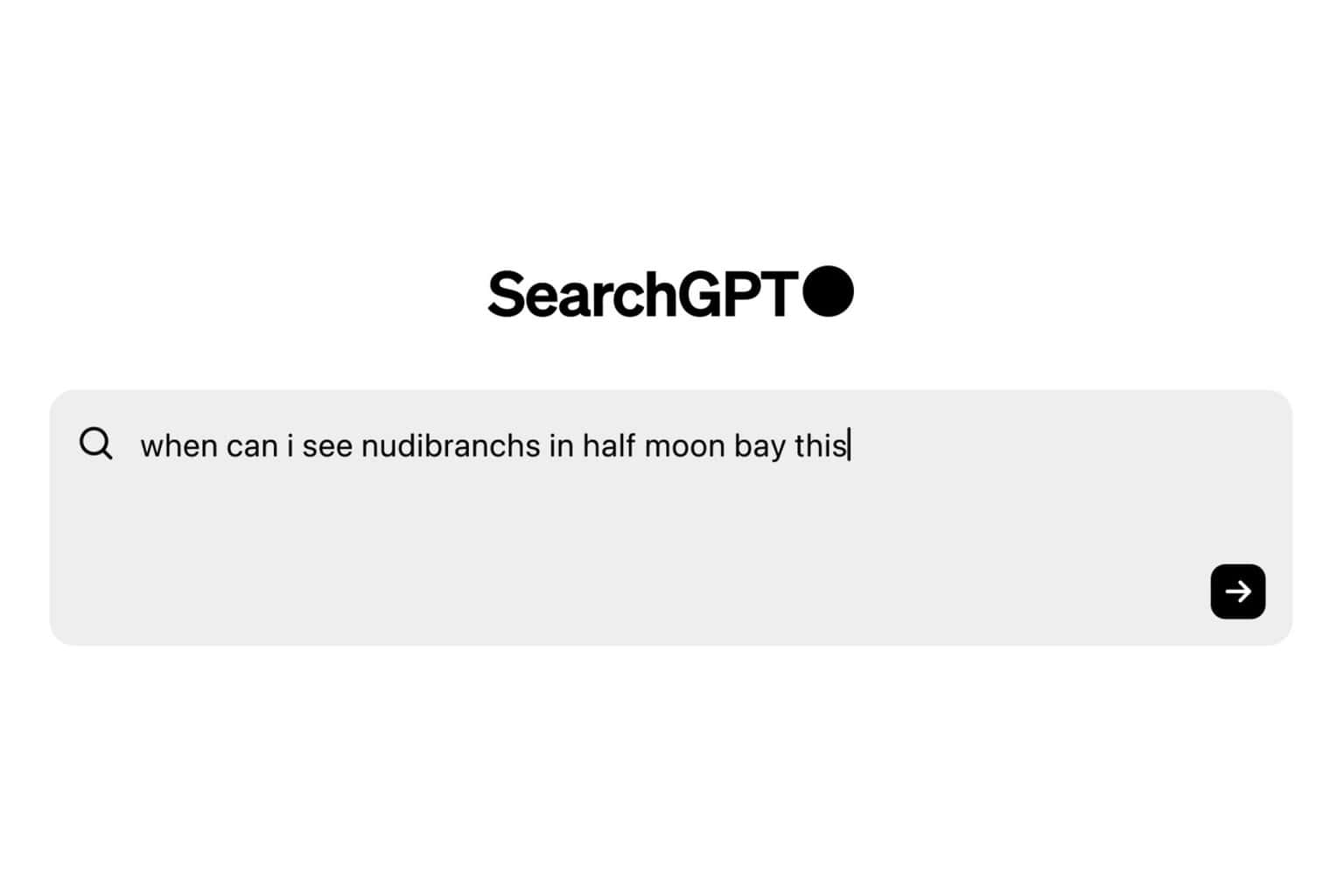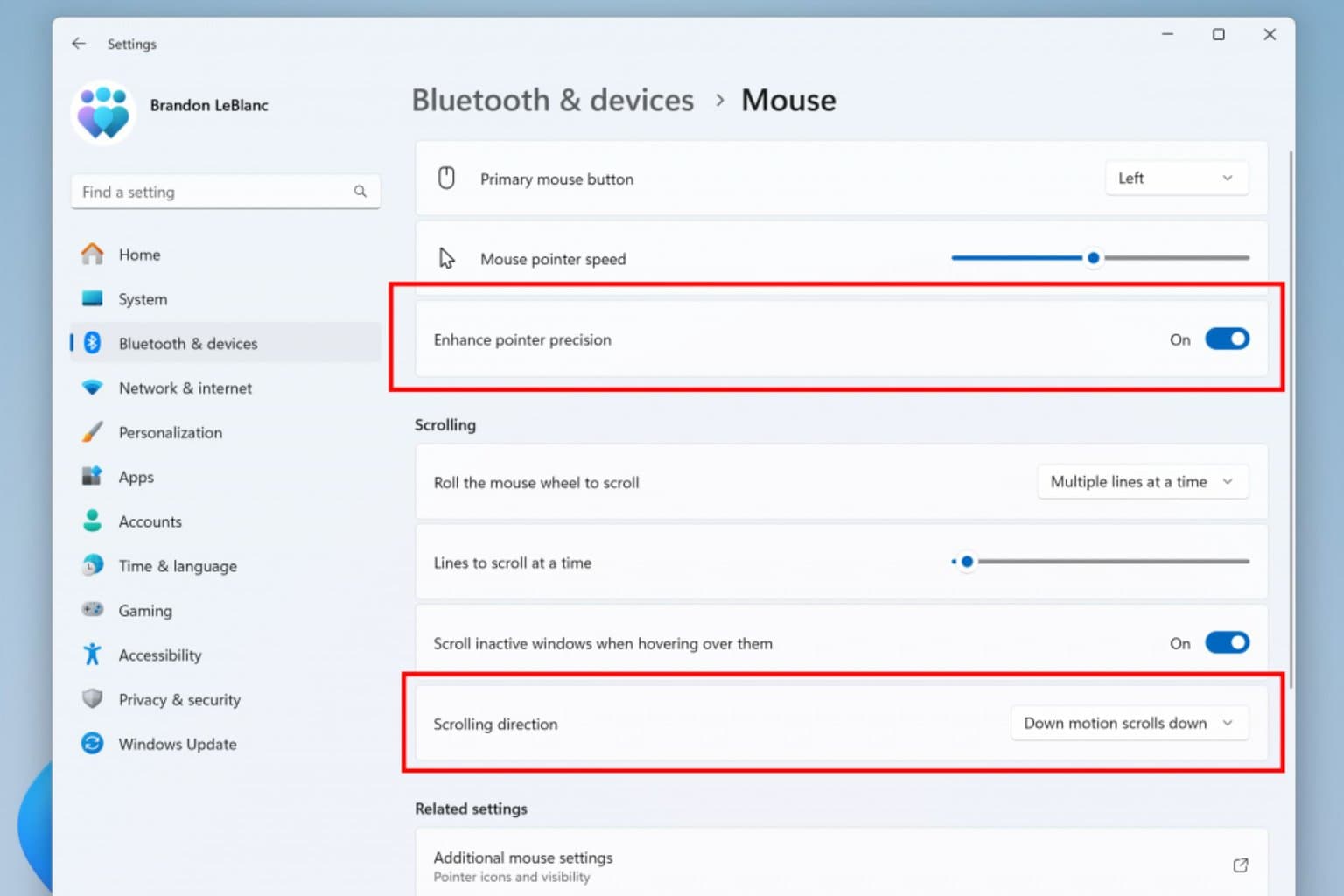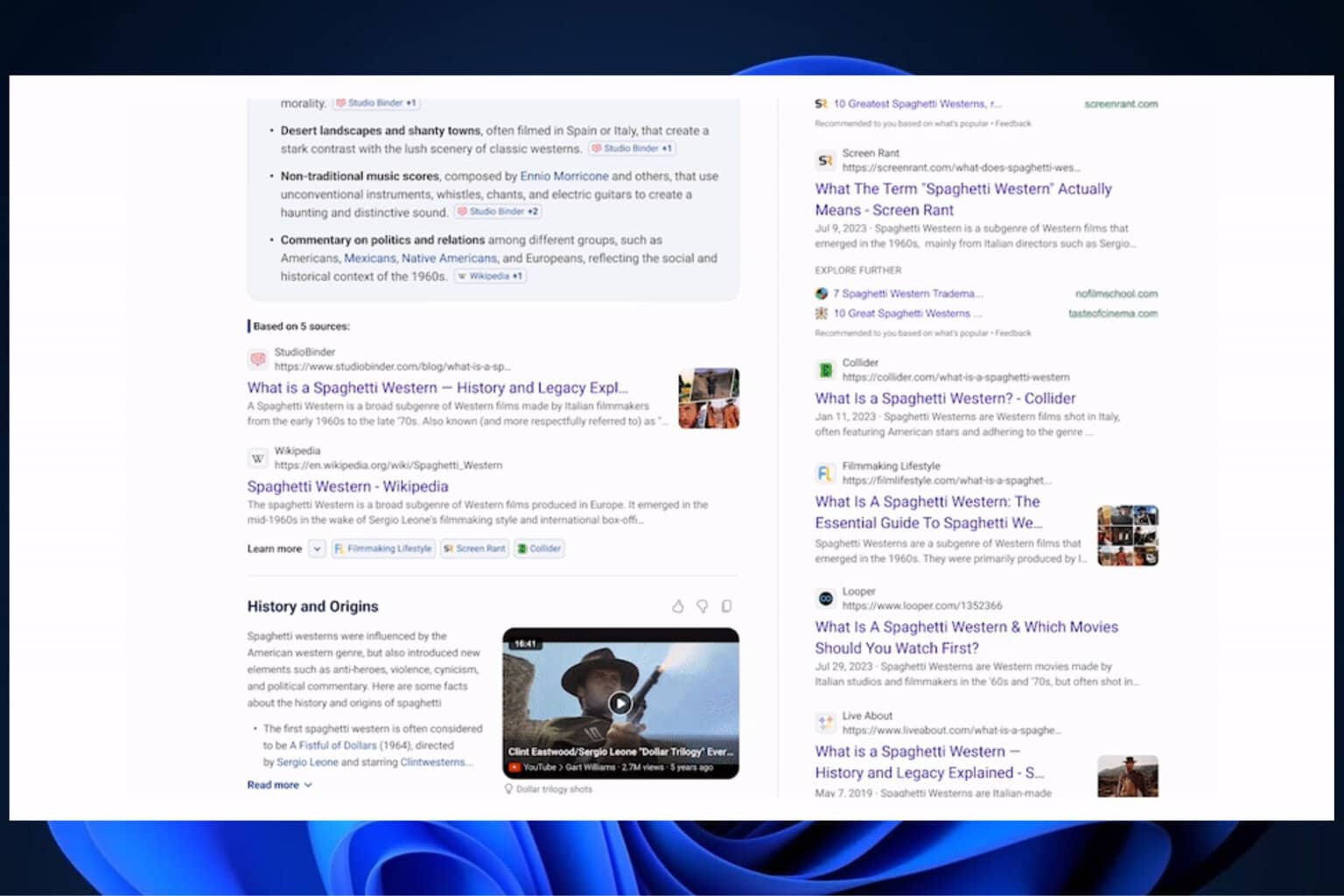Windows 10 KB4034661 fixes black screen issues, random crashes, and more
3 min. read
Published on
Read our disclosure page to find out how can you help Windows Report sustain the editorial team Read more
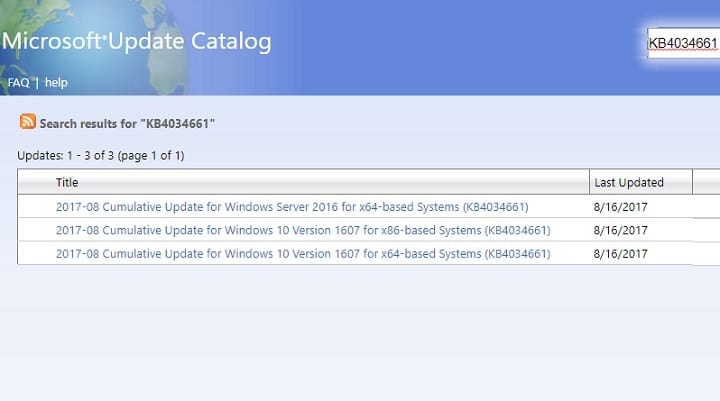
Microsoft silently rolled out an important update for Windows 10 Anniversary Update. KB4034661 brings quite a long list of bug fixes and improvements to the table.
The most important patches include a fix to solve black screen issues, AppLocker crashes, computer account error 1789, and more.
KB4034661 patch notes
- This package contains d3dcompiler_47.dll
- Addressed the issue where a black screen appears when launching an application on Citrix XenApp that was deployed from Windows Server 2016.
- Fixed the issue where the User Account Control (UAC) prompt sometimes appears hidden under other opened windows.
- Addressed the issue in the event collector data that caused data corruption with % symbols in the user logon events (ID 4624) from other Domain Controllers (DCs).
- Addressed issue where the PowerShell command Add-HgsAttestationTpmHost fails to find the Endorsement Key Certificate for a system even though the certificate exists.
- Fixed the issue where, in some cases, an Encrypted Hard Drive device would not automatically unlock at system startup.
- The AppLocker rules wizard should no longer crash when selecting accounts.
- Addressed the issue where third-party directory structures caused Disk Cleanup to render a boot drive inaccessible.
- Addressed the issue where unsynchronized access in NtfsQueryLinksInfo led to a system crash.
- Fixed the issue where an extremely high number of I/O flushes might lead to an error.
- Addressed a reliability issue that occurs when a user gives the wrong input to the smart card pin prompt.
- Addressed issue by increasing the time out window when starting Docker for Windows to avoid 0x5b4 errors.
- Fixed the issue with Azure Multi Factor Authentication (MFA) when an ADFX server is configured to use an HTTP Proxy.
- Addressed issue where the calling IP address is not logged by 411 events in the Security Event log of ADFS 4.0 and Windows Server 2016 RS1 ADFS servers.
- Computer accounts should no longer lose domain membership with the error 1789. The same problem happens internally when a user password cannot be changed with error 0xc0000206. This issue has also been fixed.
- Addressed issue where, after a planned restart of the primary server, storage replication doesn’t automatically resume as expected.
- Fixed the issue where using a GPO logon script to map a network drive fails if the user disconnects from the network and restarts.
- Addressed issue where after uninstalling SMBv1, if you set the SPN validation level to 2, when you access a UNC share remotely (e.g., C$), the request will fail with STATUS_ACCESS_DENIED.
- Microsoft fixed the issue where the Remote Desktop client cannot connect or disconnects intermittently when trying to connect using the RD Gateway.
- Addressed issue where presenting an expired or revoked certificate to the ADFS Proxy server does not return an error to the user.
KB4034661 known issues
There are three known issues affecting KB4034661:
- The Update History doesn’t list previously installed updates.
- Updates that were previously hidden may be offered after installing KB4034661.
- WSUS servers will exhibit increased CPU, memory, and network utilization when Windows Update clients perform their first scan after installing KB4034658.
Download KB4034661
You can download and install KB4034661 automatically via Windows Update. You can also download the stand-alone update package from the Microsoft Update Catalogue website.
RELATED STORIES YOU NEED TO CHECK OUT:

